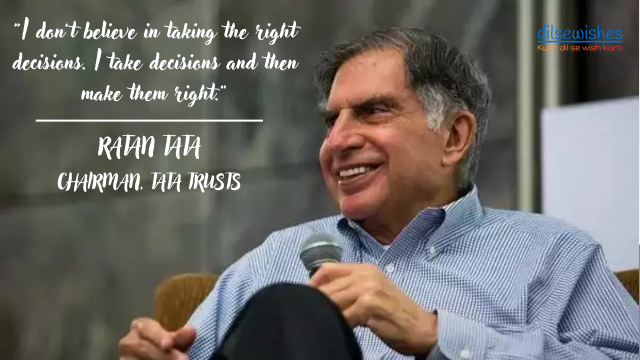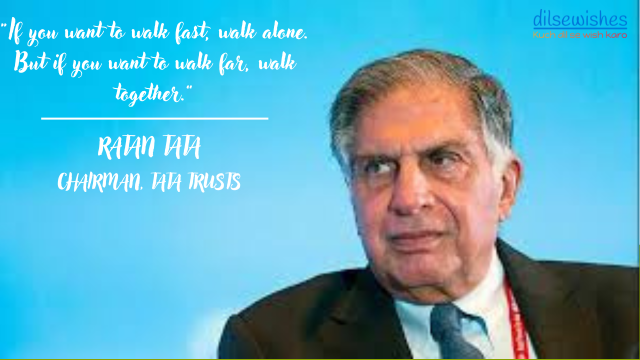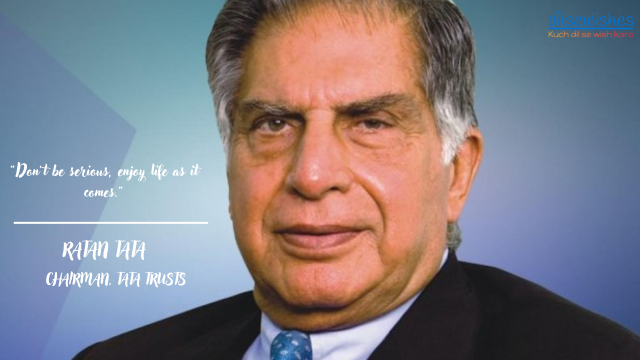Ratan Tata, the former Chairman of Tata Sons, passed away at the age of 86 on October 9, 2024, in Mumbai. A distinguished industrialist and philanthropist, Tata played a pivotal role in transforming the Tata Group into a global powerhouse and made significant investments in various ventures. His passing represents a profound loss for both India’s business landscape and the philanthropic community.

Ratan Tata, a prominent Indian industrialist and philanthropist, and former chairman of the Tata Group, has passed away at the age of 86. His death was confirmed on October 9, 2024, following his admission to Breach Candy Hospital in Mumbai due to age-related health issues, where he was later moved to the ICU. Tata was widely recognized for his significant contributions to the business landscape and his dedicated philanthropic efforts.
Ratan Tata: Birth, Age, Family, and Education
Born on December 28, 1937, in Bombay (now Mumbai), Ratan Tata is the son of Naval Tata and Sooni Commissariat. His parents separated when he was just 10 years old, and he was subsequently adopted by his grandmother, Navajbai Tata, through the J. N. Petit Parsi Orphanage. Ratan grew up alongside his half-brother, Noel Tata, the son of Naval Tata and Simone Tata.
Ratan Tata received his education at several prestigious institutions, including Campion School and Cathedral and John Connon School in Mumbai, Bishop Cotton School in Shimla, and Riverdale Country School in New York City. He later graduated from Cornell University and attended Harvard Business School for his advanced studies.
Ratan Tata as Chairperson of Tata Sons
When JRD Tata stepped down as chairperson of Tata Sons in 1991, he appointed Ratan Tata as his successor. Ratan faced significant resistance from leaders of various companies who had spent decades in their roles. To streamline operations, he implemented a retirement age and mandated that each company report to the group office. Under his leadership, overlapping companies within Tata Sons were consolidated into a more cohesive entity.
During his 21 years at the helm, revenues grew over 40 times, and profits increased more than 50 times. Notable achievements included Tata Tea’s acquisition of Tetley, Tata Motors’ purchase of Jaguar Land Rover, and Tata Steel’s acquisition of Corus, transforming the organization from an India-centric group into a global powerhouse. He also conceptualized the Tata Nano, a car designed to be affordable for the average Indian consumer.
On December 28, 2012, Ratan Tata stepped down as chairperson at the age of 75. Cyrus Mistry was appointed as his successor but was removed by the Board of Directors and Legal division on October 24, 2016. Following this, Ratan Tata was appointed as the interim chairman of the group.
A selection committee, which included Ratan Tata, TVS Group head Venu Srinivasan, Amit Chandra of Bain Capital, former diplomat Ronen Sen, and Lord Kumar Bhattacharya, was established to find a new chairperson. Natarajan Chandrasekaran was appointed as chairperson of Tata Sons on January 12, 2017.
In addition to his corporate achievements, Ratan Tata invested his personal savings in several startups, including Snapdeal, Teabox, CashKaro.com, Ola Cabs, Xiaomi, Nestaway, and Dogspot.
Ratan Tata’s Dedication to Philanthropy: Transforming Lives Through Generosity
As a strong advocate for education, healthcare, and rural development, Ratan Tata made significant contributions to various initiatives. He supported the University of New South Wales Faculty of Engineering in efforts to improve water access in underserved areas.
The Tata Education and Development Trust established a $28 million Tata Scholarship Fund, enabling Cornell University to provide financial aid to undergraduate students from India. This annual scholarship supports approximately 20 students at any given time.
In 2010, Tata Group companies and Tata charities donated $50 million to Harvard Business School (HBS) for the construction of an executive center. Additionally, Tata Consultancy Services (TCS) made a landmark $35 million donation to Carnegie Mellon University (CMU) to fund a facility dedicated to research in cognitive systems and autonomous vehicles, known as TCS Hall.
In 2014, Tata Group donated ₹950 million to the Indian Institute of Technology, Bombay, establishing the Tata Center for Technology and Design (TCTD), marking the largest donation in the institute’s history. Furthermore, Tata Trusts provided a grant of ₹750 million to the Centre for Neuroscience at the Indian Institute of Science to study the mechanisms underlying Alzheimer’s disease and develop methods for early diagnosis and treatment.
Tata Group also established the MIT Tata Center of Technology and Design at the Massachusetts Institute of Technology (MIT), focusing on addressing challenges faced by resource-constrained communities, particularly in India.
Ratan Tata Wife
“I came close to getting married four times and each time I backed off in fear or for one reason or another,” said Ratan Tata in 2011.
He once loved a girl in Los Angeles while working there and had to return to India as his family member was ill. The girl’s parents didn’t allow her to go to India. Tata stood by his commitment and is unmarried to date.
Ratan Tata Family Tree
1- Jamshedji Nusserwanji Tata- Founder of Tata Group, India’s biggest conglomerate company. He was married to Hirabai Daboo.
2- Dorabji Tata- The elder son of Jamshedji Tata and second chairperson of the Tata Group. His wife was Meherbai Tata, the paternal aunt of renowned nuclear scientist Homi J. Bhabha.
3- Ratanji Tata- Younger son of Jamshedji Tata. He was the pioneer of poverty studies. He was married to Navajbai Tata. His wife adopted an orphan, Naval, who was the grand-nephew of Hirabai Tata, and raised him as her own son.
4- Naval Tata- Adopted son of Navajbai Tata. His biological father was Hormusji Tata. His maternal grandmother was the sister of Hirabai Tata. Director in several Tata companies, ILO member, and recipient of Padma Bhushan, Naval Tata had three sons– Ratan Tata (5th chairperson of Tata Group), Jimmy Tata, and Noel Tata (Chairperson of Trent Limited)– from two marriages.
5-Ratanji Dadabhoy Tata- He was one of the early stalwarts who served the Tata Group. His father Dadabhoy and his mother Jamshedji Tata, Jeevanbai, were siblings. He married Suzanne Brière and the couple gave birth to five children, including J.R.D. Tata and Sylla Tata.
6- J.R.D. Tata- He served as the fourth Chairperson of the Tata Group. He is the founder of Tata Airlines (later Air India).
7- Sylla Tata- Elder sister of J.R.D. Tata was married to the founder of the first textile mill in India, Dinshaw Maneckji Petit. Her sister-in-law Rattanbai Petit, was married to Muhammad Ali Jinnah, the founder of Pakistan. Jinnah’s only child, Dina Jinnah, was married to Neville Ness Wadia.
Famous Quotes By Ratan Tata



Ratan Tata Passes Away: A Loss for India and the Business World
Ratan Tata passed away at Breach Candy Hospital in Mumbai, where he was admitted due to a sudden drop in blood pressure. Just two days earlier, on October 7, he had reassured the public about his health, mentioning that he was undergoing routine check-ups related to aging. However, his condition later deteriorated, leading to his transfer to the ICU.
Tributes have poured in from various sectors, with industrialist Harsh Goenka expressing his condolences on social media, describing Tata as a “beacon of integrity” and recognizing his profound impact on both business and society.
Ratan Tata had recently addressed health speculations, clarifying that he was undergoing routine medical investigations due to his age. His passing marks a significant moment in Indian industry, as he was not only instrumental in the growth of the Tata Group but also a revered philanthropist known for his ethical leadership and commitment to social causes.


